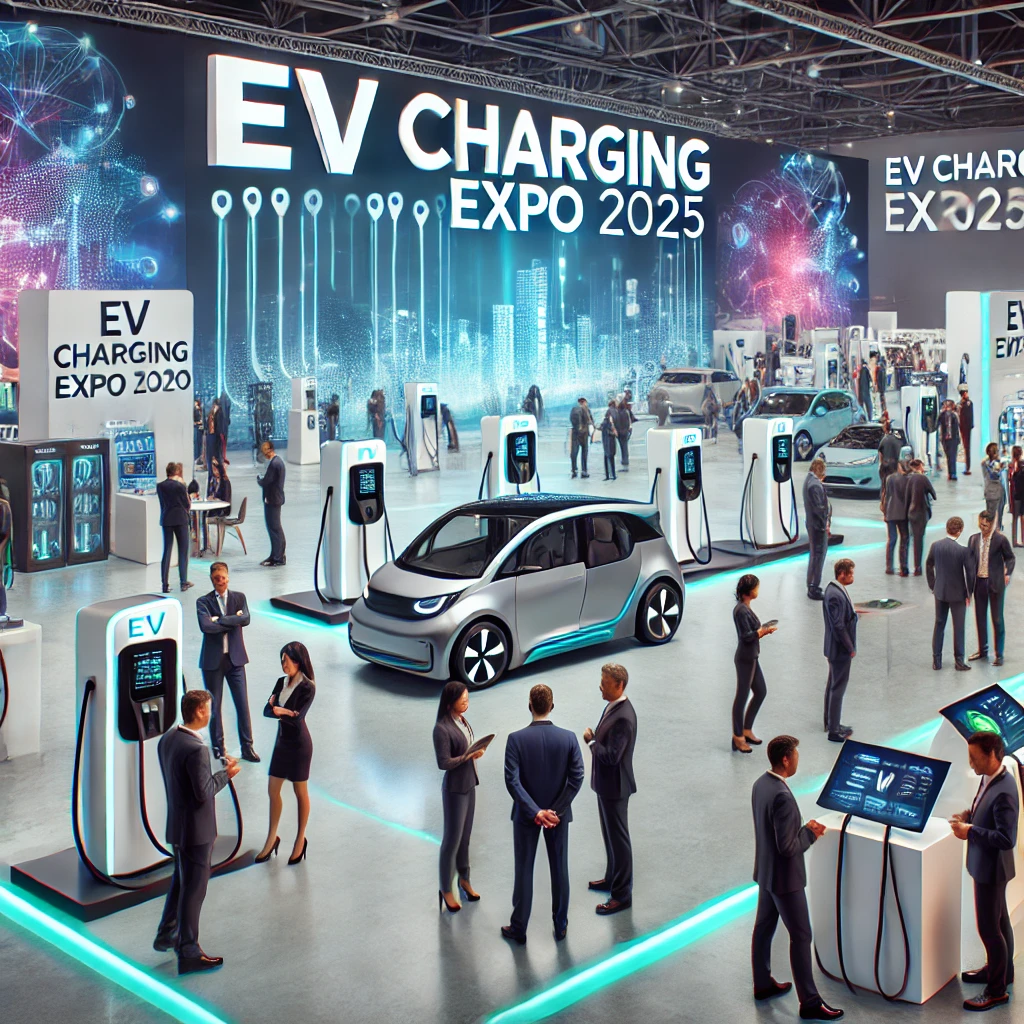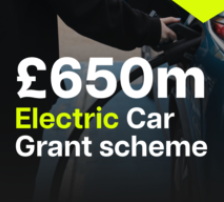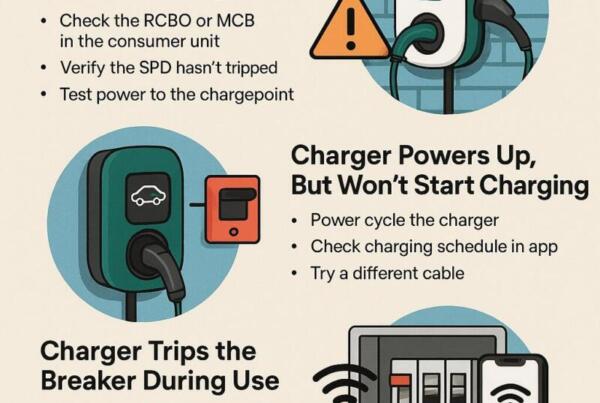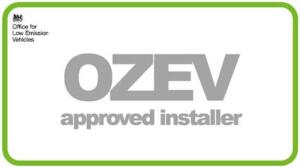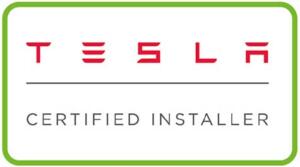Upcoming EV Charging and Electrician Events in 2025
As the electric vehicle (EV) industry continues its rapid expansion, staying updated on the latest advancements and networking opportunities is crucial. For professionals and enthusiasts in Hertfordshire and its vicinity, 2025 offers a plethora of events focusing on EV charging infrastructure and the broader electrical sector. This blog delves into the most noteworthy upcoming events, providing detailed insights and external links for each.
1. ElexShow 2025
- Dates & Locations:
- 6th & 7th March 2025 – Alexandra Palace, London
- 27th & 28th March 2025 – Bolton Arena, Bolton
- 24th & 25th April 2025 – Yorkshire Event Centre, Harrogate
- 15th & 16th May 2025 – Westpoint Arena, Exeter
- 11th & 12th September 2025 – Coventry Building Society Arena, Coventry
- 6th & 7th November 2025 – Sandown Park, Surrey
ElexShow is the UK’s dedicated trade exhibition for electrical professionals. Aimed at small to medium-sized electrical contractors, it offers show deals on top-brand products, live demonstrations, CPD-accredited seminars, and networking opportunities. More information
2. EV Infrastructure Expo 2025
- Dates: 26th & 27th March 2025
- Location: Silverstone Circuit, NN12 8TN
This expo is the UK’s largest event for the EV industry, featuring public sector charge point manufacturers, software providers, energy operators, auto manufacturers, and more. More information
3. Solar & Storage Live 2025
- Date: 2nd April 2025
- Location: ExCeL, London
Focusing on the integration of solar energy and storage solutions, this event is valuable for professionals interested in sustainable energy solutions and EV charging. More information
4. Electrical Installation Seminar 2025
- Date: 3rd April 2025
- Location: IET London
This seminar brings together manufacturers, wholesalers, installers, government bodies, and other stakeholders to discuss the latest in electrical installation practices. More information
5. EV Charging Infrastructure UK 2025
- Dates: 2nd & 3rd June 2025
- Location: London, UK
This conference supports EV charging infrastructure expansion by bringing together policymakers, grid operators, city planners, and industry professionals. More information
6. InstallerSHOW 2025
- Dates: 24th – 26th June 2025
- Location: NEC, Birmingham
InstallerSHOW is the UK’s premier event for professionals in heating, cooling, water, air, energy, and building services, with a strong focus on sustainable technologies. More information
7. EVCharge Live UK 2025
- Dates: 23rd – 25th September 2025
- Location: The NEC, Birmingham
This event, co-located with Solar & Storage Live UK, gathers thousands of EV charging professionals to explore market trends and forge strategic partnerships. More information
8. E-CHARGE 2025
- Dates: To Be Announced
- Location: To Be Announced
E-CHARGE 2025 is the only European event exclusively dedicated to EV charging technologies, infrastructure, and solutions. More information
9. 5th European EV Charging Infrastructure Conference 2025
- Dates: To Be Announced
- Location: To Be Announced
A premier European event focusing on ultra-fast and smart charging technologies, supporting the transition to sustainable transportation. More information
With these events on the horizon, professionals in the EV charging and electrical industry have numerous opportunities to network, stay informed, and explore the latest innovations. Whether you’re an installer, manufacturer, policymaker, or enthusiast, attending these events will provide valuable insights into the future of EV infrastructure.
Note: Event details are subject to change. Please refer to the official event websites for the most current information.
Frequently Asked Questions
1. What are the key benefits of attending these events?
Attending these events provides networking opportunities, insights into the latest EV charging technologies, and updates on industry regulations.
2. Are these events suitable for beginners in the EV and electrical industries?
Yes, most events cater to both seasoned professionals and newcomers, offering educational seminars and hands-on demonstrations.

